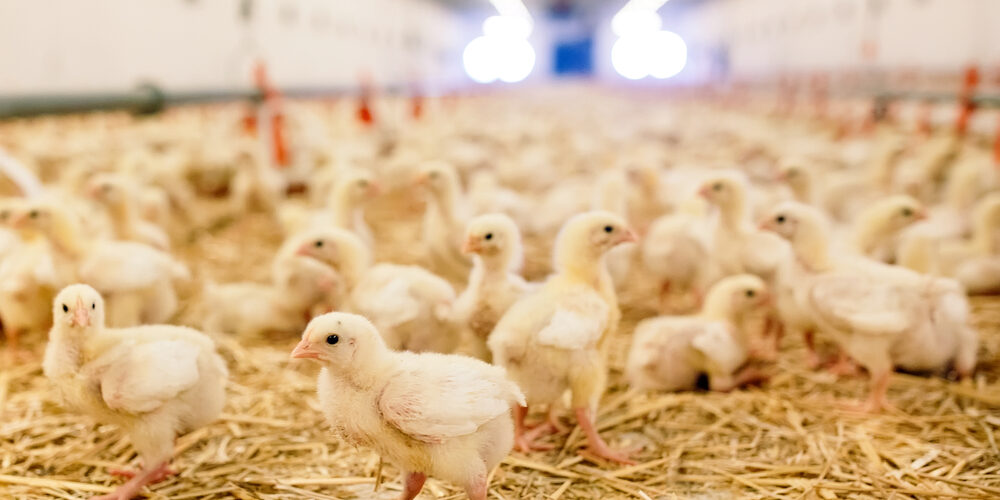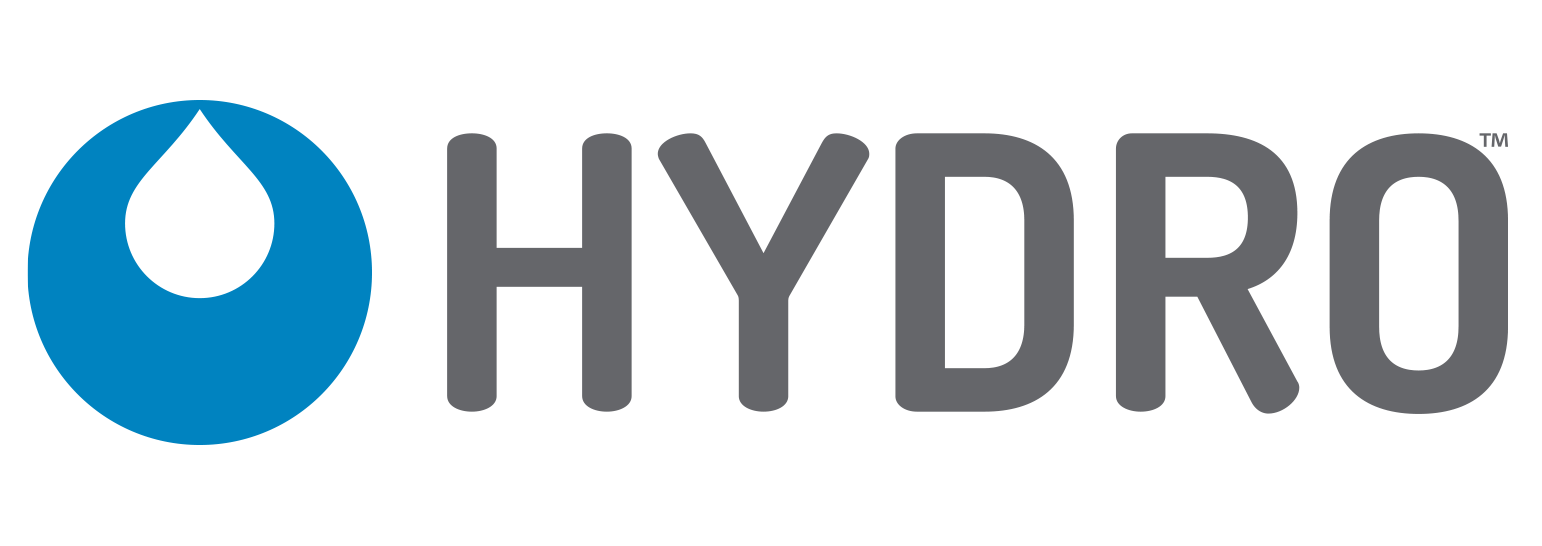Site translations now available in Spanish and German
Blog: Choosing Water Line Injectors for Healthy Livestock

By: Scott Campbell, Global Product Manager, Hydro Systems
Farms face many challenges to protecting the health and safety of animals and consumers. For example, poor water quality can lead to stunted growth and the spread of pathogens. Outbreaks of bacteria such as Escherichia coli (E. coli) can also result in recalls and major financial losses. Traditionally, farmers addressed these problems by administering antibiotics.
However, in recent years, consumer awareness of the potential adverse effects of antibiotics in agriculture and government regulations surrounding their use has led to a decline of antibiotic use on farms. To maintain animal health without the use of routine antibiotics, farmers are relying on properly medicating and treating water lines. Devices that inject the correct amount of treatment into water lines can help them achieve this. Thus, it’s important for farmers to understand what features to look for when selecting equipment.
How Injectors Meet Animal Health Challenges
When animals need medication or nutritional supplements, administering them through the water supply is often the best solution. Medicating and vaccinating animals through their water supply removes the hassle of traditional injections for a large flock or herd and in-feed medicating when sick animals are less inclined to eat. Accurate vaccination is also imperative, as poor administration is the most common cause of vaccine failure in poultry.
Additionally, many farms pull water from natural sources like ponds or wells that typically host more potentially harmful organisms. Poor water quality can cause animal health problems, stunt growth and even lead to high morbidity. Bacteria and viruses can also arise within a biofilm, or a layer of slime containing microorganisms that builds up in improperly cleaned water lines.
Whether it is for nutrients, vaccinations, medication or cleaning and disinfecting solutions, water line injectors administer the doses directly into the water line. To ensure accurate dispensing at low lifelong cost, choosing the right pump is key.
Features to Look for in an Injector
While there are many options on the market, there are certain capabilities that you should look for to choose the right water line injector for your operation, including:
- Accuracy. Injectors should have adjustable dilution ratios at many flow rates. As farms can experience varying water pressure, look for a dispenser with a large injection range that ensures greater accuracy, especially at the popular 1% setting.
- Leak prevention. Another aspect of accurate dosing and cost efficiency is purchasing a pump designed to prevent leaks. Dispensers with piston screws that go into blind holes eliminate paths for leaks and improve performance at low flows. Avoiding leakage is especially critical in the first few days of a new flock. A reliable unit gives farmers peace of mind that animals are receiving the proper doses.
- Easy maintenance. The best options are set up for tool-free or simplified removal and maintenance. For example, the plunger seal is the most common wear item. Choose a pump with a plunger shaft that is removed through a turning motion for quick maintenance on the seal without completely disassembling the unit. Additionally, make sure you can remove the lid with a simple socket wrench or pliers, and can do so without removing the unit from its wall-mounted position.
- Modularity. If you select an injector with an easily removable plunger shaft, you can change it from a 2% unit to a 5% unit with a new kit instead of buying an entirely new unit. This easy change saves money and reduces inventory.
- Long life and durability. To ensure a high return on investment for your unit, find one tested to withstand dirty water and elevated temperatures for a long time before performance declines. Look out for designs with a guided poppet arm, which creates less movement and reduces wear. Ask the manufacturer about the product’s anticipated number of cycles to get a better understanding of its lifespan.
- Chemical compatibility. Confirm the unit uses seals and gaskets that can stand up to the highly aggressive chemicals that are sometimes used on farms. To ensure compatibility, look for construction from a highly engineered fluoropolymer-based elastomer.
Protecting Health and Safety with Accurately Treated Water
The most demanding agricultural water treatments call for injectors that can stand the test of time with accurate dosing. Interested in incorporating one into your operations or replacing your current pump? Learn more about what sets AquaBlend apart with our comparison guides for the Adjustable Models and Fixed Models.
Related Posts
PSG

Cincinnati, OH 45244

Cincinnati, OH 45244
For new product, event and industry updates:
By entering your email you agree to receive marketing messages from PSG Hydro. You may unsubscribe at any time.
Hydro Resources
Hydro Resources
© 2026 PSG All Rights Reserved | A Dover Company | Privacy Policy | Cookies | Terms of Use











